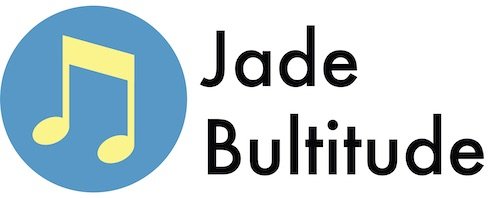
I don’t know about you but this covid-19 crisis has got me working at a million miles an hour. With a full teaching schedule, baby twins and my own practice to do, there really seems to be no respite from the craziness! Work life is very much blending into home life and it seems impossible to create balance. Where we could separate before, this is simply not possible now. Because of this I have really been trying to make time to slow down, re-focus and try and find some space in what is otherwise a manic time! This is something we all know is important. Our awareness of mental health is growing and we all, mostly, now know the importance of mindfulness, meditation and relaxation. But how can I make sure that I achieve slow practice.
But how can we apply this to our music practice? Ever find that you often begin your practice with a huge to do list of things to get done, but only minimal time to get it done in?! This is a huge problem for many musicians, professional or student. It is so important to be aware of this before you start your practice and slow yourself down… literally!
I know, I know… many of you are thinking, but I need to increase the speed of my fingers, how will I possible be able to play my scales well if I don’t play fast?! Well there are actually many good reasons why you should practice slowly.
Why should we use slow practice?
- Practising slowly can help you to focus. You will find that you have time to focus in on the little details and nuances in your pieces, aspects which can easily be overlooked if we run into the piece at full speed!
- Slow practice highlights different ways we could play better. You may not have noticed that your C sharp is wildly out of tune…
- It also gives you time to read the notes. Often if we run into a piece or scale at full speed we can practice in wrong notes… this leads me to the next point…
- Slow practice builds up muscle memory. The slow movement of your fingers helps form the memory in your muscles so you will soon be able to play the hard passage you are practising without too much thought!
- Importantly, your slow practice will also give you confidence in your ability as you will be able to play the whole phrase or piece and really hear what you want it to sound like! Playing too fast will lead to mistakes, pauses and general messiness.
- Practising in this way will also give you a good base from which to speed up. If your fingers are already set to play the right notes, speeding up will be easy!
- Most importantly, you will enjoy the process more! Having small hurdles to jump over and bite-sized achievements will most definitely make you have a more enjoyable time!
How do we go about practising slowly?
It is hard to re-train our brains to practice slowly. Often, we are much more focused on the outcome than we are on the process which leads us to pay less attention to how we get to the outcome! However, slow practice will often get you to the outcome a lot quicker! So, here’s how to do it…
- Isolate the passage that you are finding hard. What speed are you wanting to play? Now half it! If this is still too fast for your fingers don’t be afraid to go even slower!
Give yourself different features to focus on:
- How is your sound? Does is sound beautiful?
- Are you keeping the airstream solid?
- Is your embouchure tight or relaxed?
- Are you playing the rhythm accurately?
- Is your articulation precise? Are you playing exactly what is written on the page?
- Are you in tune? Why not play each note with an (in -tune) piano or even with a tuner?
- Are you standing tall? How is that posture?
I could go on but you get the idea…!
- Give yourself small chunks to achieve. You don’t need to learn the whole piece in this one practice session!
As you can see there are so many benefits to slowing down. Do you use this in your practice? If so, let me know how it has worked for you!
Check out my other blog posts here!
Have a great week!
Jade xx

Agree 100%
Thanks for the tips Jade – very useful. X